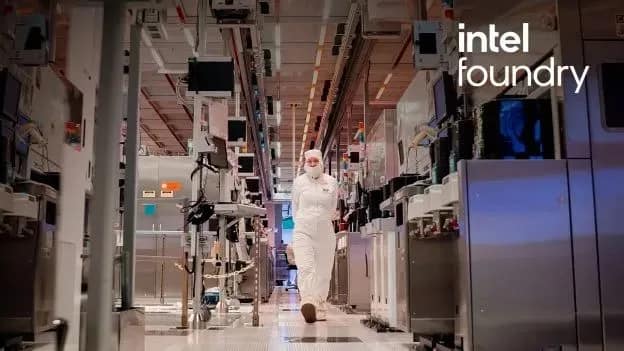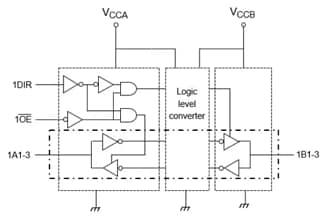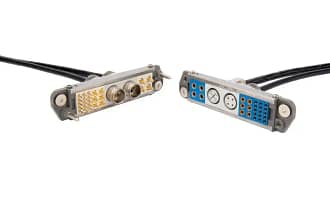“We do not believe TSMC operating/forming a JV with Intel would work given differences in manufacturing and operations,” says Citi, “we also question the wisdom of fabless companies investing in this JV.”
It was suggested that Broadcom, Qualcomm and AMD might invest in the jv.
“We believe Intel foundry has proven over years it  cannot compete with TSMC,” adds Citi, “and forcing a company to use vastly inferior manufacturing would destroy shareholder value of a fabless company such as QCOM or AVGO (Broadcom).”
cannot compete with TSMC,” adds Citi, “and forcing a company to use vastly inferior manufacturing would destroy shareholder value of a fabless company such as QCOM or AVGO (Broadcom).”
“Given the highly unlikely chance of Intel merchant foundry succeeding and subsequent drag on cash flow, we continue to believe Intel would be best served by exiting the merchant foundry business and focusing on its core CPU business,” concludes Citi.
Lynx Equity comments: “Why would TSM wish to take a stake in Intel’s IFS? On more than one occasion, senior members of the TSM management team have expressed their distaste for running fabs overseas, due to higher cost and lack of local talent pool. Why then would TSM wish to acquire an external foundry having questionable performance at advanced nodes, one that is running deeply in the red, and according to the Intel CFO, one that is expected to break even no earlier than late 2027? What could be TSM’s incentive to take a stake, even at discounted valuation given 1) fab capacity at leading and lagging nodes is no longer in short supply, 2) IFS’s less-than-clear relationship with external asset management companies and 3) IFS’s tortured relationship with the US government via the CHIPS Act.”
Bank of America also points to the mismatch between Intel’s and TSMC’s process technologies and suggests that the jv might invalidate Intel’s claims to its $19 billion in Chips Act funding because 50%+ ownership of the manufacturing operation is required to qualify for the subsidy.




